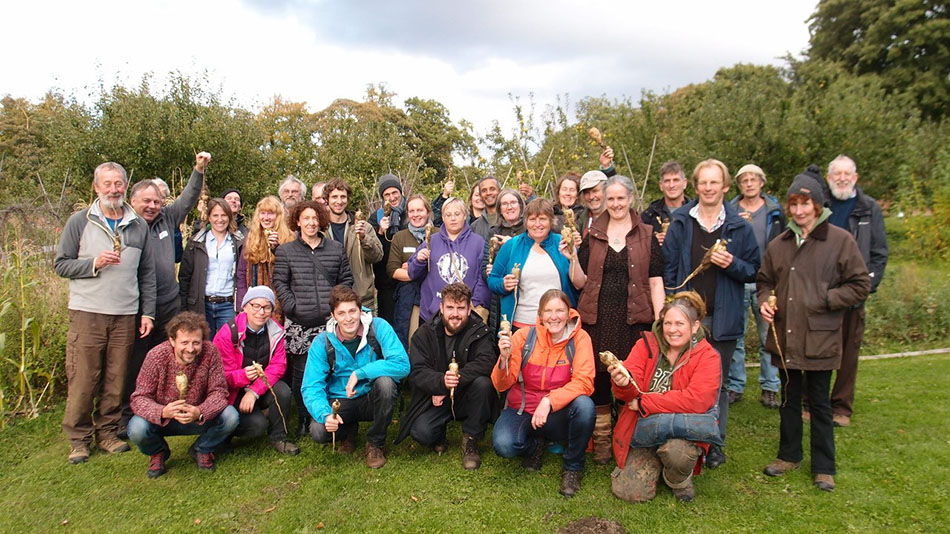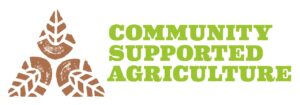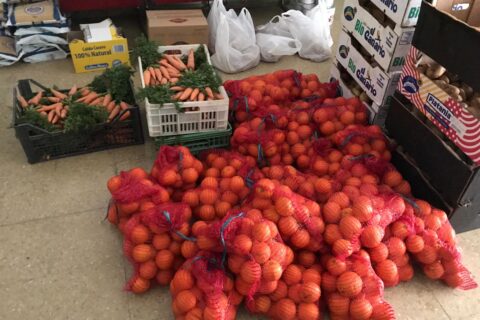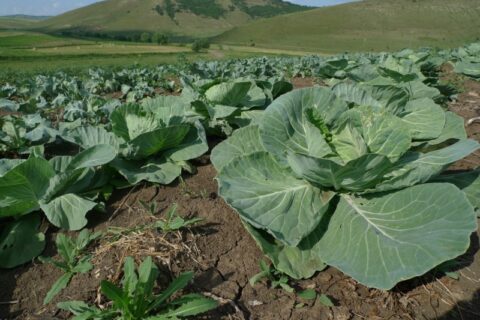
Short description
Name of the initiative? The CSA Network
Country United Kingdom
Region Countrywide
What kind of initiative Marketing, Education/Training, Environmental, Biodiversity, Landscape, Community, Policy making
Success factors
Briefly describe what your initiative is about We link up the 75 member CSAs across the UK, providing mentoring, training, awareness-raising, and representing them to policy makers, and support new CSAs start up.
Why did you start it and when? The first UK CSAs (Community Supported Agriculture farms) formed in the early 2000s in an effort to bring back the link between the farmer and the community they were feeding. In 2012 The Soil Association ran a program – Making Local Food Work – which was instrumental in sharing stories and skills. There followed an upsurge of CSAs. These small associations didn’t feel supported by the larger agricultural system, and it became clear they needed to come together to support each other.
How did you establish it? In December 2013, a group of CSAs wrote a charter to agree the goals of cooperatives and legally went through the process of registering as a cooperative. Originally it was envisioned small networks of CSAs would have regional hubs and the local network would eventually be self-sustaining. Each hub would host an annual event and act as a learning place for that region. But in the first couple of years it was hard to get any of those CSAs to work as that hub. For this reason, the network has continued to function as a national organisation with a paid coordinator working 2 days a week and in 2018 a second staff member was brought on for another 2 days a week.
A network member pays a tiered yearly fee – £25 if you have fewer than 50 members in your CSA, £50 for 50-100 members, £100 for over 100 members. In return we provide training and support including one-day mentoring for existing CSAs or for an individual exploring whether to set up a new one. Our regional events are free to members – there is usually a small fee for non-members.
Members can get discounts for certain agricultural suppliers.
Who did you connect with? Some CSA connections were already there when the national network began. We represent CSAs at farming events and spread the word about CSAs via social media, farming networks and elsewhere.
We are a member of the international network of CSAs: URGENCI.
What enabled collaboration? We have a private Facebook group and a google list just for members so existing CSAs can share experiences, learn from one another and ask questions. We find out where they are struggling and share best practice resources and strategies that have worked for other CSAs so that people don’t feel so isolated or that they are having to reinvent the wheel.
We currently have around 75 member CSAs, although there could be as many again who are not part of our network.
What challenges did you face? Were you able to resolve them? How? As the CSA Network has grown, one question we have had to consider is ‘what defines a CSA?’ This is a strength and a challenge. We don’t police who becomes a CSA. People can take our model and adapt it for the local community to make it work for them. We say: providing you agree to operate under the principals in the charter and self-identify as a CSA, you are welcome to join. People have interpreted those principals in a wide range of ways. We now have CSAs set up as a private company limited by guarantee as well as the more typical cooperative or community interest company or community benefit society. Although we see CSA diversity as a strength it has created some tension within the network – people are asking questions about what exactly we are promoting, and what the essence of a CSA is, to make sure that those calling themselves CSAs actually are.
We are a limited financial and time resourced network trying to support individual organisations who themselves are often very resource poor in terms of finances and time. I think CSAs can see the value of a wider network, but we are limited in how much we can support them. We have found ways to use our time wisely. It takes concerted effort to change agricultural policy, but we have been able to tap into other organisations: we’re a member of the Sustain Alliance and we work closely with the Landworker’s Alliance so we’ve been able to add the CSA voice to conversations through those partnerships. We’ve put our emphasis on getting CSA mentioned within existing media networks, rather than printing our own.
What were the lessons learned? In the initial set up years, we were hoping to become financially independent quickly. That was probably a bit over ambitious. We need to find ways to become less grant-dependent going forward.
Putting time in at the beginning to work out how a new CSA is going to function – even just how they are going to run their meetings – can really pay off in the long run. A small core of people who push forward and don’t bring the community with them often burn out a few years down the road and there is isn’t the energy or involvement of others to keep it going.
What did it change in your life and the life of your community? In the best case, a CSA not only offers affordable agroecological environmentally produced food that’s healthy, it also builds the community, improving mental health and well-being with access to nature and links to where your food is coming from. Our dream is to see one in every neighbourhood – part of a revived food system across the UK.
There is definitely demand – almost all our CSAs have waiting lists.
We have published a guidebook – The A-Z To Setting up a CSA. For an individual it can be really daunting starting out – having access to land, starting to grow produce, finding your market etc – but doing it inside the CSA model makes it more accessible.
Choose 3-5 key words Processing, local, artisan, small-scale, tradition
Additional information
https://communitysupportedagriculture.org.uk
https://urgenci.net
https://www.sustainweb.org
https://www.youtube.com/watch?time_continue=2&v=XDy4gt-mR8U&feature=emb_logo
—
Repository compiled by: Page Dykstra
E-mail contact: csanetworkuk@gmail.com
@CSANetwork




